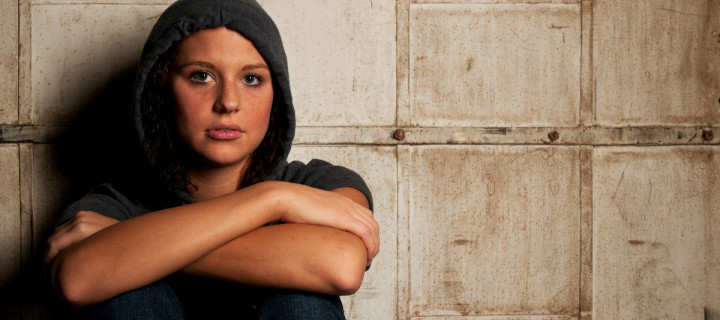
A new report from anti-slavery charity Unseen has hit out at current
provision for child victims of trafficking in the UK, saying systemic failings in the care system, poor training and cost cutting are contributing to a shocking number of trafficked children disappearing from care.
The report (pdf), entitled Missing Home, describes how up to 60% of trafficked children go missing from children’s homes within hours of being found by the authorities.
The report details a successful alternative accommodation-plus-support model, which was developed and trialled by the charity in 2017-18, and recommends the findings of the scheme are used to rethink care for trafficked children. Importantly, during the trial, no children went missing.
Says Kate Garbers, Director at Unseen and author of the report: “We need to tackle the fact that for too long we have been OK with trafficked children going missing from a system that is supposed to protect them.
“This report comes as new evidence has emerged that the coronavirus pandemic has only made the situation worse for trafficked children.
“This innovative scheme combined the care and nurture of a family environment with the high levels of supervision and risk management of a registered children’s home, plus the additional security of a safehouse with specially trained staff.”
COST CONSIDERATIONS AFFECTING QUALITY OF CHILDREN’S CARE
The report highlights how cost considerations are playing too prominent a part in decision making.
“Our pilot highlighted some of the systemic issues with the way decisions are made about referrals and placements, and have led us to question if best interest decisions not only consider the child, but also the cost of a placement,” says Kate Garbers.
In fact, implementing Unseen’s model, where fewer if any children go missing from care, could save millions of pounds, with the current cost of every missing persons case being between £1,325 and £2,145.
RECOMMENDATIONS FROM TRAFFICKED CHILDREN REPORT
Key recommendations from the report, entitled Missing Home, centre around five core themes:
- Trafficked children have specific needs, and specialised services to prevent them going missing, particularly in the first 72 hours, should be available to them.
- Training on trafficking and appropriate placements for trafficked children should be provided to relevant statutory agencies, especially local authority commissioning and placing teams.
- The best interests of the child should be at the centre of all referral decisions, irrespective of initial cost implications.
- Specialised residential support services for trafficked children should be centrally developed, commissioned, mandated and part-funded on a per-region basis.
- Utilising police orders, which enable the police protect a child and find alternative accommodation for them, should be standard practice when a trafficked child is found. This will enable police to be more involved in placement decisions and allow access to appropriate services for potentially trafficked children.
NEXT STEPS FIGHTING CHILD EXPLOITATION
Preventing child exploitation remains one of our top priorities. Working with other organisations in the sector, including the police and social care, we will be using the recommendations from this report to push for a change in approach to trafficked children.
This will include urging the Government and relevant departments to address the issue.
Unseen has also rolled out Spotlight – an interactive awareness raising campaign for schools, to help children protect themselves and their friends against exploitation.
SUPPORT UNSEEN’S VITAL WORK
We rely on the generosity of the public for a substantial part of our income. Please consider a donation to support our work.


